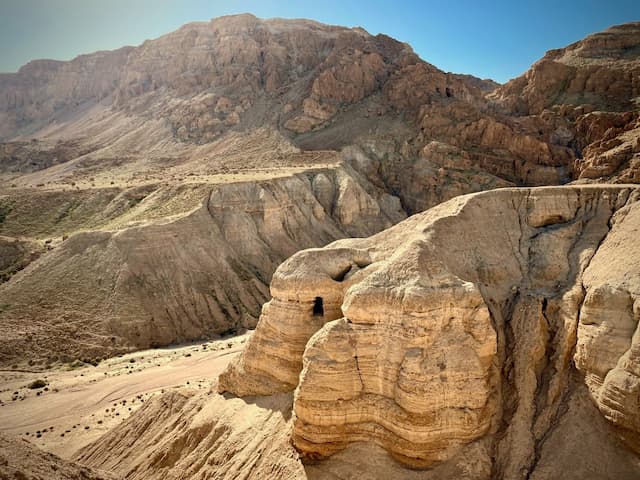
The Newest Thing in Idolatry-
I am the Lord, that is My name; I will not give My glory to another, Nor My praise to idols. Behold, the former things have come to pass, Now I declare …


I am the Lord, that is My name; I will not give My glory to another, Nor My praise to idols. Behold, the former things have come to pass, Now I declare …

A fool spurns a parent’s discipline, but whoever heeds correction shows prudence. --Proverbs 15:5 (NIV)Now that my children are adults and long gone from the nest, I constantly remember my mother’s wise words, “Once a parent, always a parent. The prayers never cease.” She was adamant that parenting had no...

Are guardian angels biblical? Pastors Greg Laurie and Jack Graham discuss where guardian angels may be in the Bible.

The Dead Sea Scrolls represent a significant find–a “buried treasure” in confirming God’s word.